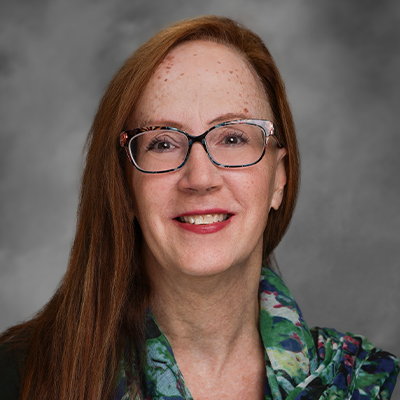“The pessimist complains about the wind; the optimist expects it to change; the realist adjusts the sails.”
― William Arthur Ward"Keep Moving Forward"
— Walt Disney
There could hardly be a more relevant set of quotes for the past year.
When I started this journey with the Primary Care Transformation Fellowship in the fall of 2019, I was really looking forward to having dedicated time to plan, work, learn and— most importantly—apply knowledge to my project and my clinic. The whole idea of the fellowship is change, to transform our practice in some way to make it better. Learning about the process of engendering complex systems that can be slow to evolve was exciting.
My fellow fellows and I dove into the learning process, spending the first few months together in classes, learning not only from teachers, but also from each other, sitting together in rooms together (remember that!) and sharing ideas. We wrote proposals and created “road maps” for our projects, and challenged each other considering anticipated possible roadblocks or barriers to our proposed projects.
Throughout the fellowship, it has often been pointed out to us that the goal of this particular exercise is the journey and not the destination. We are expected to learn skills and practice using these new skills, to learn about the different theories of change, and how to motivate people. We are told that it is not the end product that is important. If we don’t meet our goals or proposed metrics, we will still have learned so much: how to work on change, how to set measurable goals, how to move forward. We used various improvement science tools like A4s and fishbones and distilled our “True North.” We learned that the measure of a good choice is not necessarily the result because there are variables outside of our control. And then, we got hit with the unexpected giant barrier of a global pandemic.
When COVID-19 first appeared, everything changed. Learning how to deal with that, how to stop, re-evaluate, re-prioritize, and—in the words of Walt Disney—“Keep Moving Forward” may end up being the most valuable lesson of all.
We could have been naively optimistic, just hoped things would settle down, and try to wait it out and see what happens.
We could have been pessimistic, complained about limitations of no longer being able to meet in person, and be angry about all the new barriers being thrown at us, felt that the fellowship was derailed and no longer relevant.
What we choose to do, instead, was to be realists. We looked at the new and changing environment and decided to shift our sails with it—the fellowship program itself did a fabulous job of quickly adjusting and changing to an online format for classes, and leveraged virtual platforms to keep us engaged and involved. It was understood that our priorities may have temporarily shifted, but there was the expectation that we would continue to participate as much as we were able, and, in fact, take advantage of the opportunities to transform our projects—and in some cases our workplace—with the new direction of the wind. This was a brilliant opportunity to apply situational leadership concepts we were learning.
This is life, no matter how well you plan. It throws unexpected twists and challenges at you. You may have to adjust your path a bit, but the destination is still there, and still reachable with the right tools, effort and attitude.
Sure, there is a long list of things that didn’t quite work out as planned, but that is the way change always is—nothing ever works out exactly as planned. Personally, there are aspects of my project that are better for the changes we have faced. My collaborative work with groups outside my direct work place has actually been easier; there is no need to figure out how to get folks in offices all over town to meet in one place when we can meet virtually. The new platforms have opened up opportunities to create an online aspect for any group classes we may have for our patients.
The transformation that I am working toward in my project and workplace may not look exactly like it did in my original proposal, but there is change, and we are continuing to keep moving forward.
Diane Davis is a fellow with the Primary Care Transformation Fellowship Program. Email dianem.davis@duke.edu with questions.
Editor’s note: Blogs represent the opinion of the author, not the Department of Family Medicine and Community Health, or Duke University.
